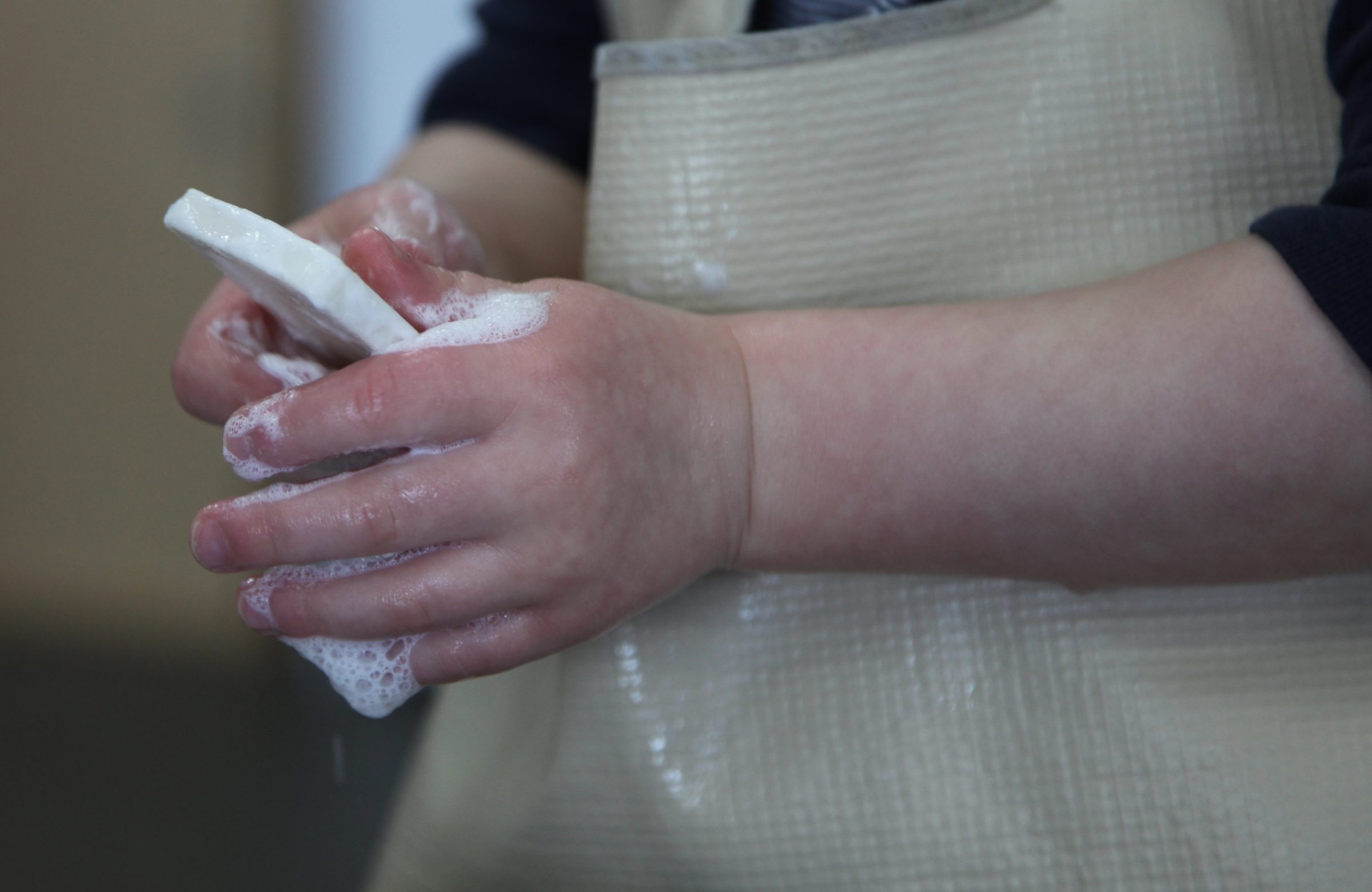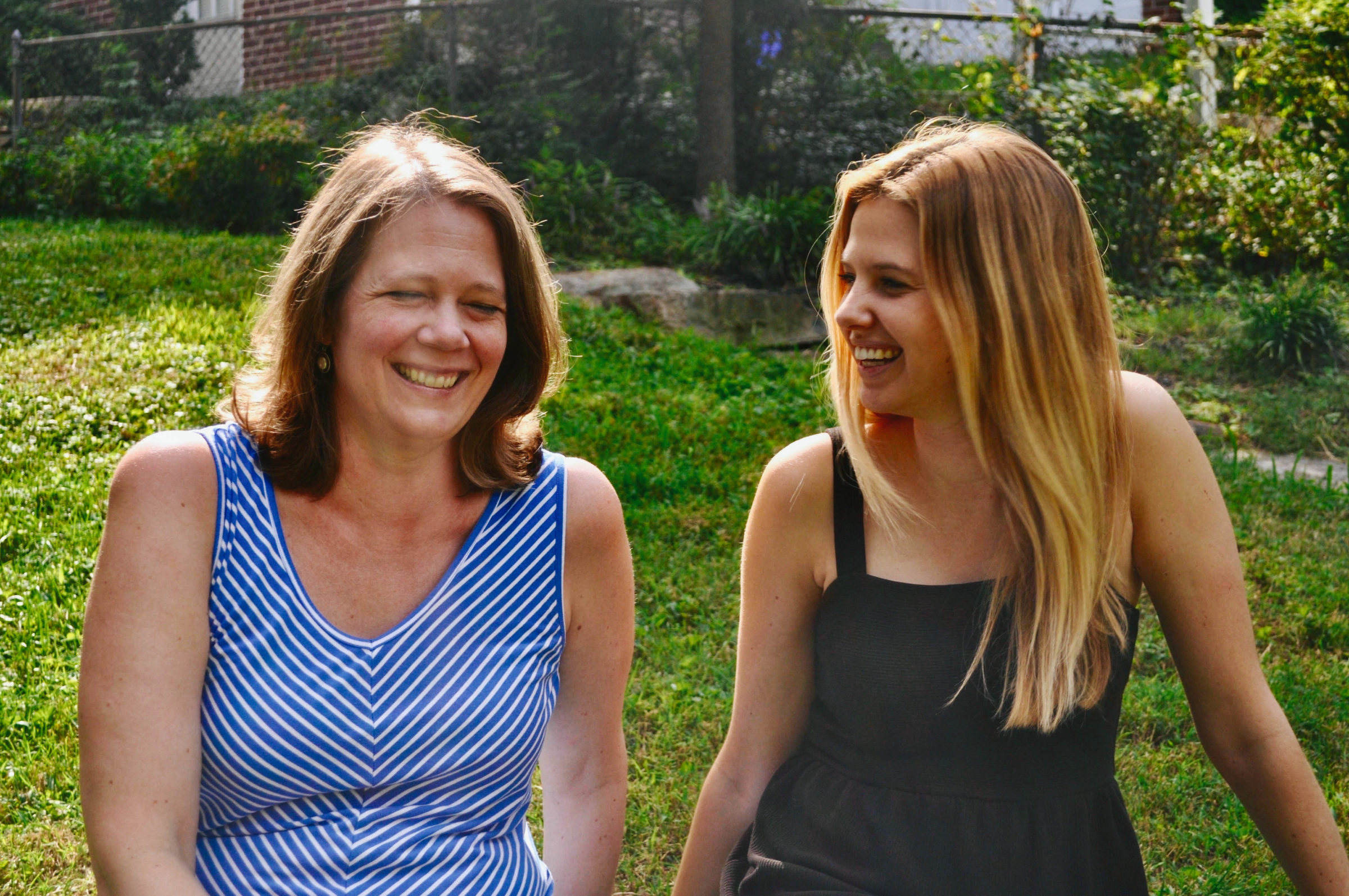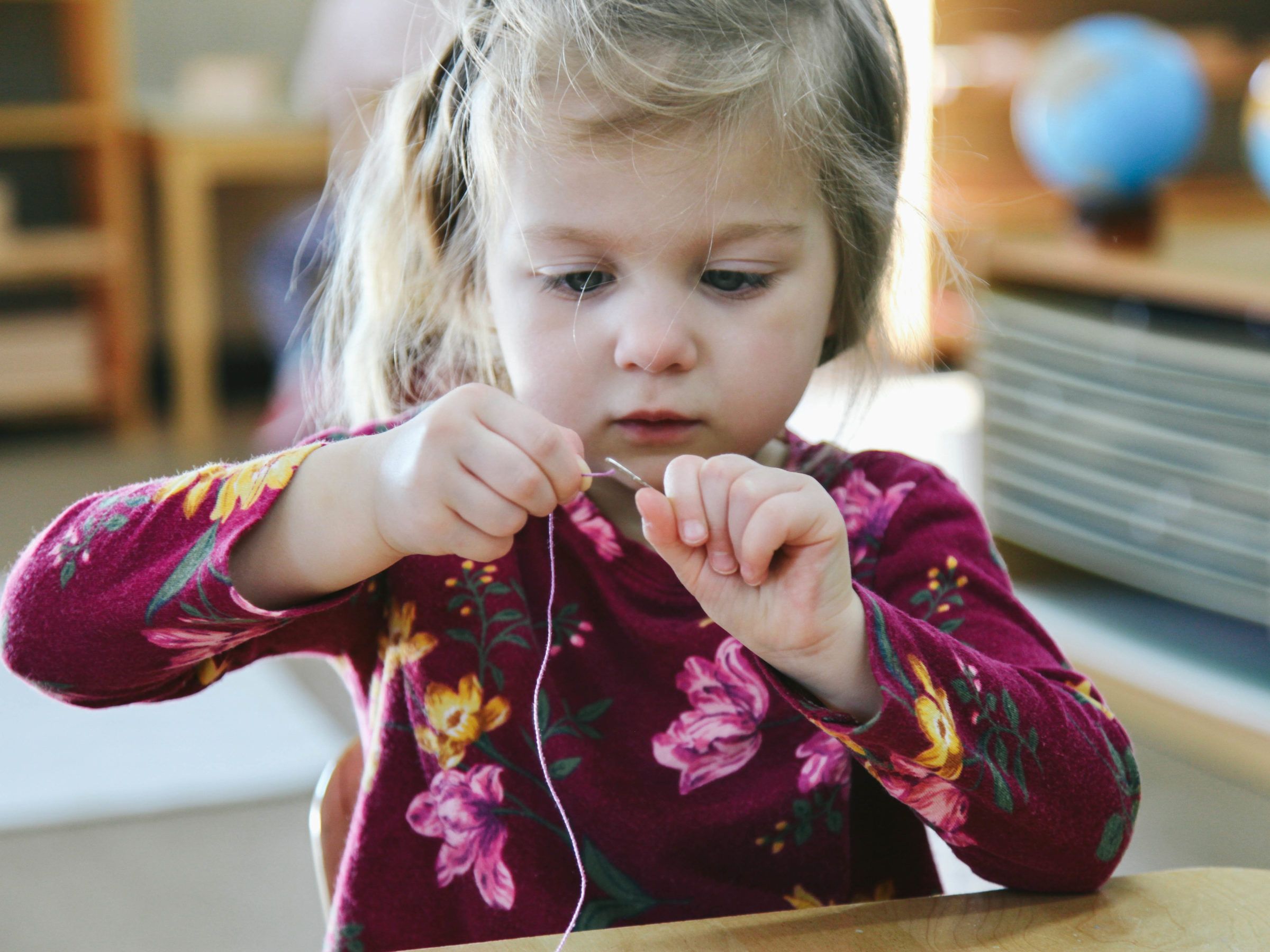Motivation through Mastery
Podcasts
Montessori is the education of the Whole Child. That is, not simply academics, but helping children grow internal skills and qualities which aid them not just in school, but in life.
Trends in Education are emphasizing the benefits of Early Childhood Education, and Individualized Education, two fundamental aspects of the Montessori Philosophy. We don’t wait until a certain age to introduce math or reading or supporting classmates, nor do we push a subject “earlier.” Instead, we observe for the “right” moment, the moment when the child is ready, there is no “early” or “late.”
Employers and even Institutes of Higher Education are encouraging the teaching of “soft skills,” skills needed to work independently and with others, such as communication, leadership, creativity in learning, finding answers when you make mistakes, and others. A strong common thread here, is Motivation.
Motivation, and how it is fostered in Montessori, is the subject of this two-part series. We’ve also recorded two podcasts, which are available here and on iTunes.
We all have days when we don’t want to get out out bed. We all have chores we enjoy and chores we’d rather avoid.
In the classroom, we work at a child’s own pace. We observe, noticing what a child has recently mastered, where we can move on, where we can review a skill or present in a different way.
We call what the child does all day, “Work.” Attending to their development deserves the highest level of respect, so we call it by something which we as adults respect — work. It’s all play and it’s all work, to a child; everything they do is a learning experience.
When we try to entice learning, we take away the natural desire to learn every child is born with. No one needed to convince a baby to roll over; infants don’t care about sticker charts when babbling. It’s an innate drive, and our role as educators it to fuel that fire.
School isn’t something we have to do, it’s just something we Do. When it’s a “have to,” there’s an implication that something isn’t “fun,” and that if it’s not fun it should be avoided. In life, some things are going to be fun, other things aren’t, but it’s all important, it all adds value, it all can provide an internal level of satisfaction.
In this way, we truly are providing Education for Life. Taking out the trash isn’t “fun,” and I don’t need to make a game of it, nor do I need to resent it. It’s just what needs to be done, and ensuring things are fresh and clean is immensely satisfying. Paying bills isn’t fun, but providing for my family, checking something off a list, attending to responsibilities is very satisfying. Meal Prep isn’t fun, but feeling like I’m feeding myself nutritious meals is so satisfying.
The act becomes its own reward. The work, the learning, IS the reward. The motivation is internal, and self-propelling.
Montessori is founded in individualized education. We observe to see what a child needs — a reminder, a new presentation, a clarification, more time and space — and we give just, exactly that. We’ll continue to progress through the materials at a child’s own pace. Whether that means showing something new right away, or spending a bit of time with a material, or perhaps examining to see what we need to highlight this time to make the process more clear, we’ll move on as soon as, and only, when a child is ready.
This means, the work BECOMES the Motivation. Mastery becomes the Motivation.
When we move on only when you’re ready, there’s no area you’re “bad” at. Different areas might come more easily, but there’s no good and bad. Whether we spend an hour with this or a month is up to you; no punishment or reward, no good or bad. Simply mastery, and moving on.
If something comes easily for a child, wonderful. We’ll move forward. If this is more challenging, wonderful! We’ll do this until you’ve mastered it. Children have agency in their own education.
Failure, mistakes, having a new area be uncomfortable and not necessarily a favorite are all part of the process. Sometimes a work is your favorite, sometimes it isn’t. We don’t coerce a child into reading time, or reward, or cajole, this is just what we do.
“In order to be “good” at something, in order to master something, all we need is time, support, and the internal motivation to get there.”
This is life. Sometimes things are a favorite, and sometimes they just need to happen. It is through the areas that we struggle, that we sometimes learn the most. The most about ourselves. The most about how we learn. The most about what makes something enjoyable, or what specifically makes us avoid something.
A challenging achievement can be more satisfying than one that comes easily. In college, the B we worked and sweated and hustled for instills pride that the easy A never could. Learning something we have to do in order to do something we want to do, such as learning Italian in order to get the dream internship in Rome, paves the way for a life of working hard, hustle, finding the motivation.
It’s all important. If we pass over what isn’t your favorite, what doesn’t come easily, we can’t discover new things. We can’t rob a child of
In order to be “good” at something, in order to master something, all we need is time, support, and the internal motivation to get there. Achieving something hard, gives confidence that you have the skills to master something even more challenging, that there is nothing insurmountable, that you are always up to the task.
Written by:
Charlotte Snyder






